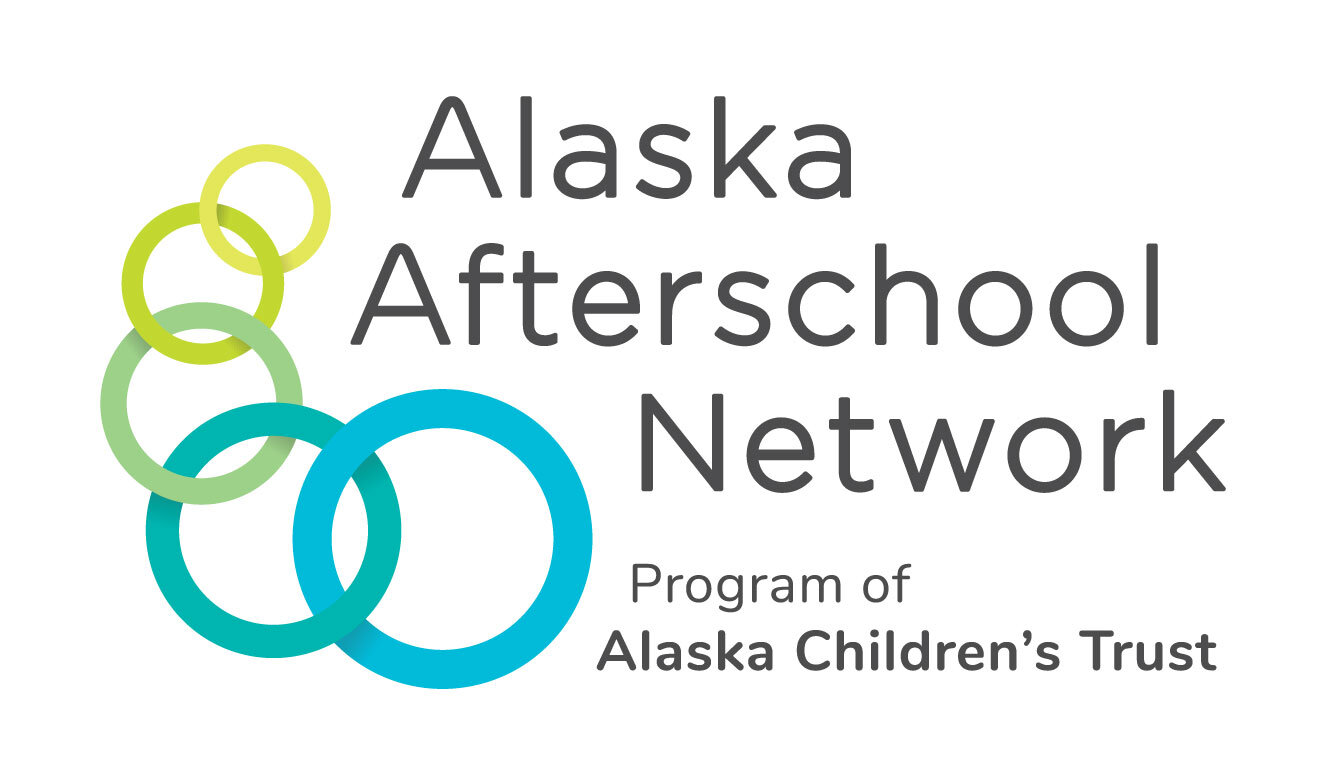Program of the Alaska Children’s Trust
In 2013, ACT partnered with the C.S. Mott Foundation and several Alaskan organizations to establish Alaska Afterschool Network to support the health, safety, academic, and social-emotional needs of children, youth, and families during out-of-school times.
Alaska Children’s Trust
Alaska Children’s Trust (ACT) is a catalyst for the development of community-based child abuse and neglect prevention in Alaska. As a grant maker, ACT is an incubator for innovative new programs and services related to building on the strengths of both the family and the community.
Founded in 1988, ACT is focused on changing the way Alaskans think about child abuse and neglect prevention, focusing on community activities and public policies that prioritize prevention right from the start to make sure Alaskan children remain safe. ACT recognizes that healthy child development is an essential building block for community and economic development.
As the statewide lead organization focused on the prevention of child abuse and neglect, ACT is committed to ensuring Alaska’s children and families live in safe, stable and nurturing environments. This includes the high-risk hours before and after school when children are most like to be left without direct parental or adult supervision and are most at risk of being victims of violent crime, juvenile delinquency, gang violence, and engage in risk-behaviors such as substance abuse and suicide.
Alaska Afterschool Network
Alaska Afterschool Network is the only statewide entity dedicated to expanding access to high-quality afterschool programs for Alaska’s children, youth, and families. In 2013, with the support of the State of Alaska Department of Education and several afterschool programs and funders across the state, Alaska Children's Trust (ACT) was awarded a grant from the Charles Stewart Mott Foundation to create the Alaska Afterschool Network. The Alaska Afterschool Network is committed to working with collaborative partners who share a common vision to improve the academic, health, and social-emotional outcomes for children and youth during out-of-school times.
Research shows that afterschool programs increase student’s attendance, grades, and graduation rates; decrease expulsions; increase self-esteem, causing a reduction in suicide; and builds the protective factors to overcome trauma. Afterschool programs are the strongest impact on decreasing the odds of a youth engaging in risk behaviors like alcohol consumption or crime. These programs directly support the Strengthening Families Five Protective Factors.

